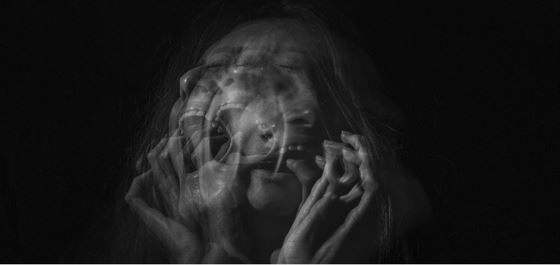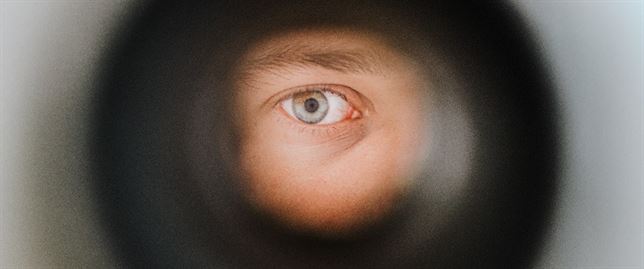
The Beginner's Guide to Understanding Avoidant Personality Disorder

People with avoidant personality disorder (ADVP) experience long-standing feelings of inadequacy and are extremely sensitive to what others think about them. People with this disorder typically imagine the worst possible outcome of every situation and avoid anything that might lead to criticism or rejection. They may never have a romantic partner, or even many friends, because they are so terrified of being judged as inadequate in some way. In fact, they usually begin avoiding social interaction well before adolescence—often beginning in grade school—and can be quite adept at convincing their friends and family members that they prefer solitude.
This article will cover: the symptoms of AVPD; how it compares to other mental health conditions; what happens if you don’t get treatment; how to find a therapist; and where else you can look for support.
Avoidant personality disorder (AVPD) is a condition characterised by feelings of extreme social inhibition, inadequacy, and sensitivity to negative criticism and rejection.
People with avoidant personality disorder tend to be extremely sensitive to rejection and criticism. They may have trouble maintaining personal relationships because they are so afraid of being rejected or criticised.
They are reluctant to become involved with other people unless they’re certain that the other person likes them. When someone does something that could be interpreted as being offensive or hurtful towards them, this triggers feelings of anger, sadness, frustration and despair in the person who has avoidant personality disorder.
People with AVPD often consider themselves to be socially inept or personally unappealing, and avoid social interaction for fear of being ridiculed, humiliated, rejected or disliked. They also have a severe lack of confidence in their abilities to interact effectively with others. If you suffer from this disorder, it's not surprising that you're reading this article. You've probably already spent some time wondering about why you can't seem to connect with people on an emotional level.
The main symptoms of avoidant personality disorder are:
- Avoiding situations where they may be the centre of attention (e.g., parties)
- Feeling inadequate and inferior in social interactions
The cause of AVPD is unknown.
It may be genetic, or it may be related to environmental factors. As with many mental health disorders, the causes of AVPD are probably a combination of both. Research has found that people with avoidant personality disorder have high levels of cortisol and epinephrine (adrenaline) in their blood. This means that they're more sensitive to stress than most people are—but it's not known whether this is due to genetics or environment, or a combination of both.
There is some evidence that specific events can trigger episodes of AVPD in people who were previously diagnosed with other disorders—like depression or anxiety—and then develop AvPD as well:
Treatment for avoidant personality disorder usually involves talk therapy (psychotherapy).
Psychotherapy is the most common treatment for avoidant personality disorder. In psychotherapy, you can talk about your thoughts and feelings with a trained professional. You can also learn skills to help you manage your anxiety, depression and other symptoms.
Psychotherapy can take many forms: one-on-one talk therapy; group therapy; or self-help materials (books and CDs).
If you have avoidant personality disorder, it's important that you choose a therapist who has experience with this condition.
Avoidant Personality Disorder is a mental illness that can be treated. It’s characterised by feelings of extreme social inhibition, inadequacy, and sensitivity to negative criticism and rejection.
Conclusion
We hope that this article has helped you to understand more about avoidant personality disorder. You should never feel like you are all alone in your struggle with AVPD or other mental health conditions. There is always someone there for you, and a community who will understand you and support you through your journey to recovery.
Articles
Build your awareness and get inspired with our researched articles on how you can strengthen your well-being
Popular Topics
An OTP has been sent to the email address
provided.
Please check your Inbox and Spam folders.

What Would You Like to Speak with a Specialist About?
Mental Fitness Journey starts Now!
Chearful Connects you with Top-tier Qualified Wellness specialists for the Price of a cup of Coffee!

Next Steps
- A Client Team member will reach out to you to schedule a session with the most suitable specialist.
- You will receive an email with a 10% Discount Code* for your 1st session.
- We invite you to Explore the Platform & Sign Up today! *Upto a maximum of $10 discount on a session purchased




 897 Read
897 Read













